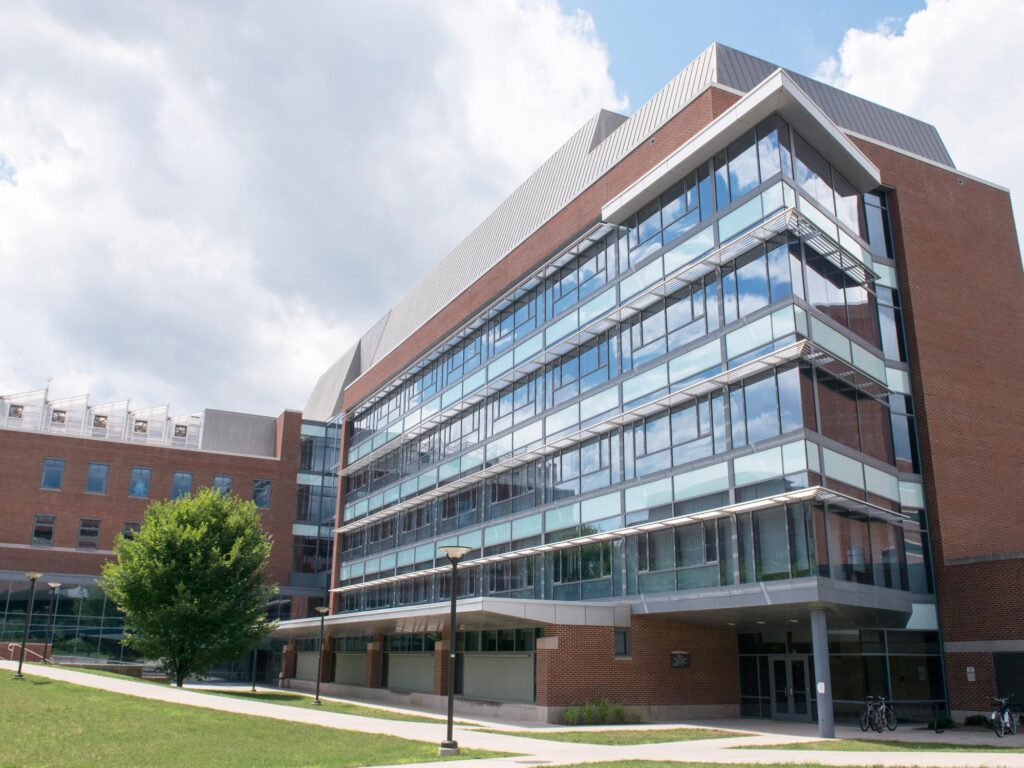
The Huck Institutes of the Life Sciences at Penn State has announced the recipients of its 2025-26 seed grant funding, selecting eight interdisciplinary research teams spanning 12 departments across six colleges. This initiative aims to foster innovative solutions to pressing scientific and societal challenges through collaborative efforts.
“Our greatest scientific and societal challenges can only be solved by collaborative teams that bridge multiple disciplines,” said Christina Grozinger, Publius Vergilius Maro Professor of Entomology and director of the Huck Institutes of the Life Sciences. “However, these types of projects are usually not supported by traditional funding programs in the early stages. We designed the 2025-26 Huck seed grant program to incentivize the formation of collaborative, cross-college teams. I am so excited to see the new discoveries and solutions that these teams will create.”
Innovative Research Themes and Projects
The selected projects align with the Huck Institutes’ seven strategic research themes, including the impacts of microplastics on crops, AI-driven personalized nutrition, and new therapies for neurodegenerative disorders. These themes reflect a broad scope of inquiry, from agricultural resilience to advanced health solutions.
Microplastics and Crop Contamination
One of the funded projects, led by Bryan Vogt, professor of chemical engineering, focuses on the “Selective tagging and tracking of microplastics during the growth of plants.” This research aims to identify which crops are most vulnerable to microplastic contamination by developing systems that fluorescently label common microplastics, allowing researchers to trace their path through plants.
AI in Personalized Nutrition
Another project, spearheaded by David Koslicki, associate professor of computer science and engineering, is creating an “Evidence-based AI Platform for Personalized Nutritional Recommendations.” This tool will bridge scientific literature with consumer health by scanning papers to generate personalized nutrition plans, emphasizing transparency by linking recommendations directly to published studies.
Enhancing Global Crop Yields
Angel Ferrero-Serrano’s project, “A New Strategy to Improve Global Crop Yield: Genomic Adaptability Prediction (GAP),” utilizes machine learning to predict which rice varieties will thrive in specific climates. This approach could guide farmers and seed companies, potentially boosting yields for staple crops worldwide.
Breakthroughs in Health and Sustainability
Beyond agriculture, the Huck seed grants also support pioneering health and sustainability projects. These initiatives aim to tackle complex issues such as neurodegenerative diseases and sustainable protein production.
Neurodegenerative Disease Therapies
Yingwei Mao and Yong Wang are developing a method to “Reverse neurodegeneration through coated neural graft capable of evading immune rejection.” Their innovative approach involves implanting stem cells with a hydrogel coating into the brain, aiming to replace damaged neurons and release growth factors without immunosuppressant drugs.
Sustainable Protein Production
Rui Shi’s project, “Utilizing Acetate and Low-carbon Feedstocks for Sustainable Alternative Protein Production through Precision Fermentation,” explores using fungi with acetate as a carbon source for protein production. This method could reduce greenhouse emissions from traditional livestock agriculture while lowering costs.
Implications and Future Prospects
The announcement of these seed grants underscores the Huck Institutes’ commitment to fostering interdisciplinary research that addresses global challenges. By supporting projects that span diverse fields, the grants aim to catalyze breakthroughs that might not be possible through conventional funding avenues.
As these projects unfold, they hold the potential to not only advance scientific understanding but also to offer practical solutions to some of the most pressing issues of our time. The Huck Institutes’ approach of encouraging cross-disciplinary collaboration could serve as a model for other research institutions seeking to maximize the impact of their funding initiatives.
Looking ahead, the success of these projects could lead to further funding opportunities and collaborations, both within Penn State and with external partners. The insights gained from these studies may pave the way for new technologies and strategies that benefit society at large.







